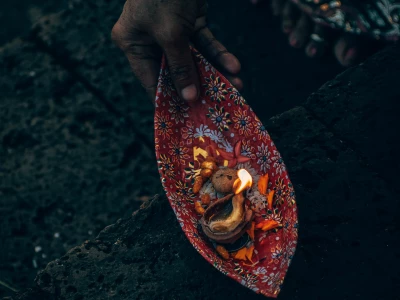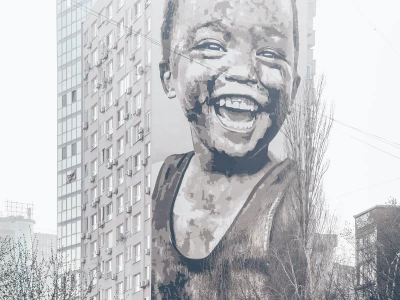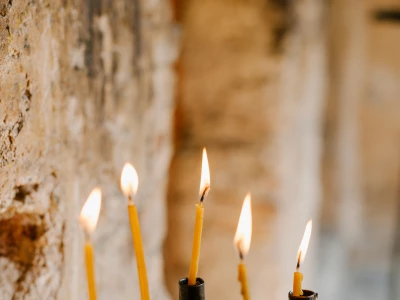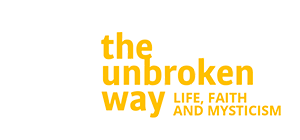Share this article
Without Sacrifice There Is No Love*
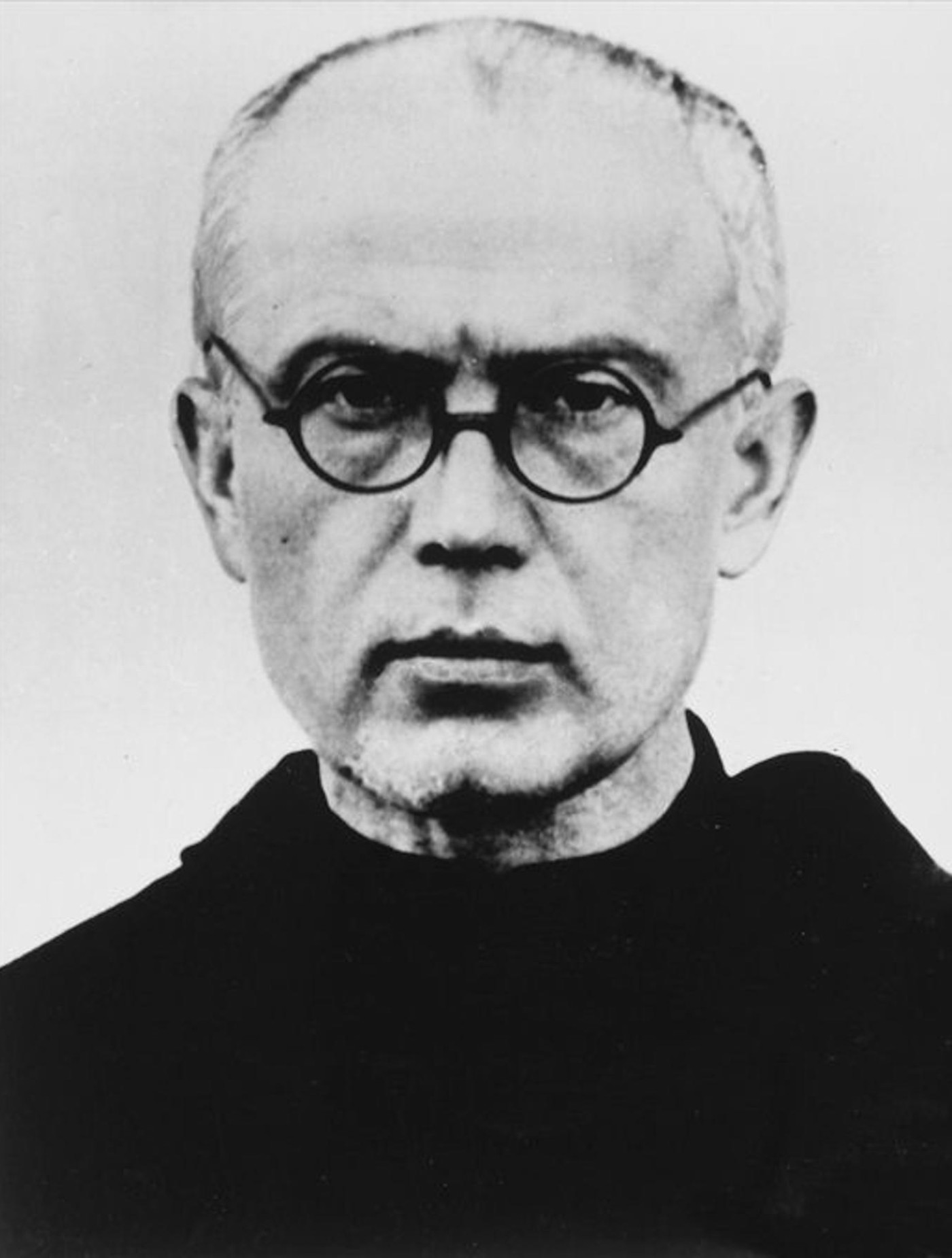
The Heart Breaking But Inspiring Story Of Maximillian Kolbe
One night around 1906 in the Kingdom of Poland, a young boy, around ten years of age, had a vision of the Virgin Mary. His name was Rajmund Kolbe. In the vision, Our Lady offered him a white and a red crown and asked him which one he would accept. He understood the white represented a life of purity, and the red represented martyrdom. Rajmund’s answer was breathtaking: ‘I choose both, he said. The vision deeply affected him, setting him on the road to holiness and ultimate sacrifice. Thirty-five years later, he was known by the Nazis at Auschwitz as Prisoner 16670. But, in the choirs of heaven, he is known as Saint Maximilian Kolbe.
A year after his vision Maximilian and his elder brother joined the Franciscan Conventuals. In the midst of these studies, World War 1 broke out. Their father, Julius Kolbe, joined the Polish Legions to fight against the Russians for an independent Poland, still subjugated and divided among Prussia, Russia, and Austria. But, he was caught and hanged as a traitor by the Russians.
Ordained a priest in 1918, Father Maximilian returned to Poland. He began his untiring missionary activity there, starting a monthly magazine and establishing two evangelisation centres dedicated to the Immaculate Virgin: the ‘City of the Immaculata’ in his home country and Mugenzai no Sono in Japan.
In 1938 he started the Polish centre’s radio station. A year later, he was arrested by the Gestapo for his anti-Nazism but was later released. He and the remaining brothers used the centre to shelter an estimated 2,000–3,000 Polish refugees, most of whom were Jewish and continued to publish anti-Nazi publications.
He was again arrested in 1941 on charges of aiding Jews and the Polish underground and then shipped to Auschwitz. There he continued his priestly ministry, for which he was subjected to beatings by the guards.
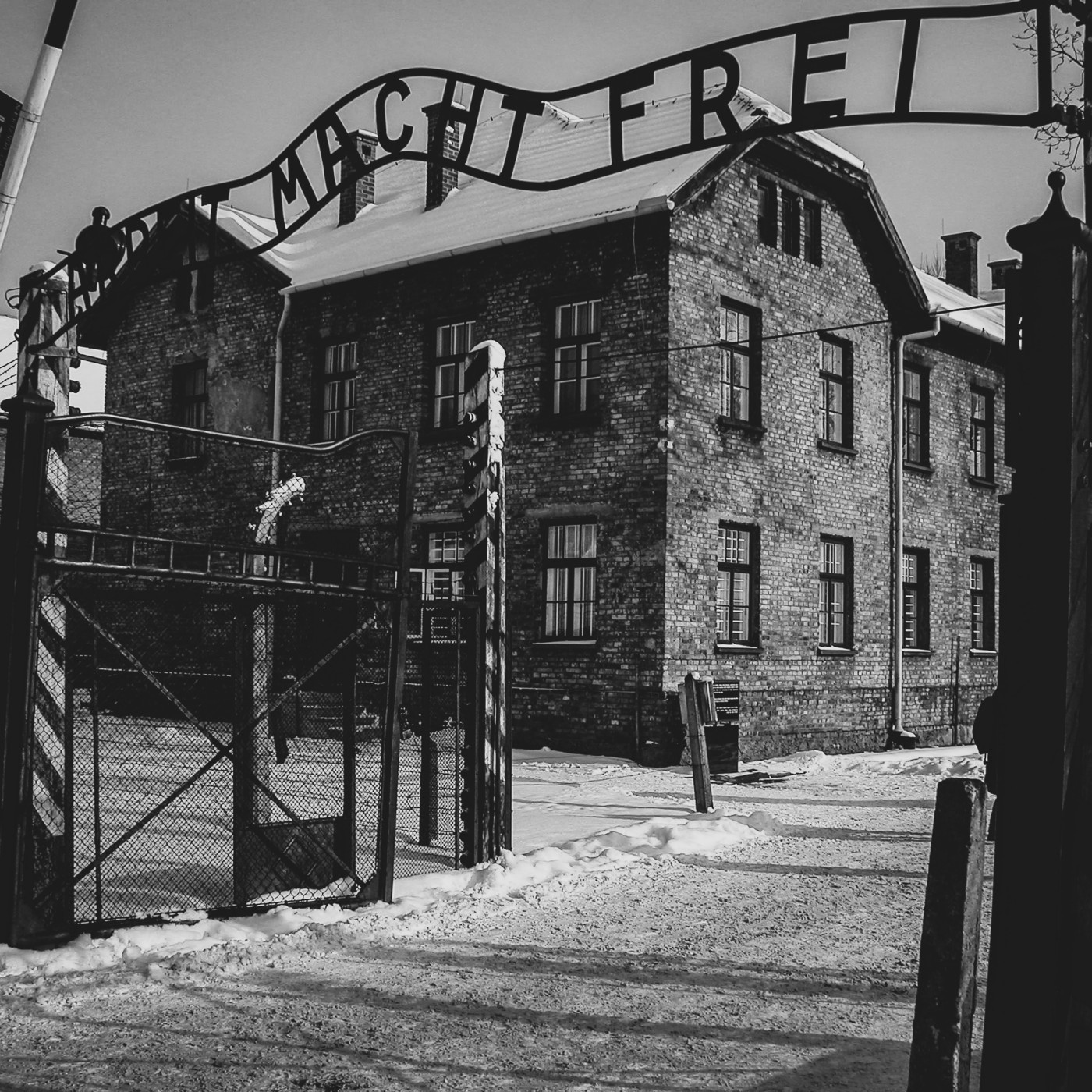
‘No one has greater love than this, to lay down one’s life for one’s friends.’
— John 15:13
Survivors at Auschwitz later attested to Kolbe’s tender love for his fellow prisoners and his generosity, which even included giving away the tiny portions of soup and food allotted to him. One day the camp guards discovered that a man had escaped. The Nazis had a procedure for punishing the remaining prisoners after an escape: ten men would be starved to death. A German officer named Karl Fritsch gleefully chose the ten men standing in the ranks. When one of these men, Franciszek Gajowniczek, pleaded, ‘My wife and children,’ Father Maximilian Kolbe broke ranks and made a plea of his own: ‘I am a Catholic priest. I want to die for that man; I am old; he has a wife and children.
The priest’s dying wish was granted, and he was led away to die naked in a dark cellar. But if the Nazis were expecting to hear cries of sorrow and anguish, they were sorely disappointed. As he waited for the crown he was promised four decades prior, a somewhat unexpected sound was heard from his cell: Maximilian Kolbe was heard singing Marian hymns in honour of his Immaculate Queen.
Two weeks later, the Nazis again had seen and heard enough. Father Kolbe had not succumbed to starvation, so he was injected with a fatal dose of phenol on August 14th, 1941. The Feast of the Assumption was the next day. Because while Catholics across the world celebrated Mary’s entrance into Heaven, Father Maximilian Maria Kolbe had entered heaven himself, and this time, he would celebrate it with his Heavenly Mother in person.

‘Every man must decide whether he will walk in the light of creative altruism or in the darkness of destructive selfishness.’
—Martin Luther King, Jr.
In 1971, Kolbe was beatified by Pope Paul V1, the first Nazi victim to be proclaimed blessed by the Roman Catholic Church. In 1982 Pope John Paul 11 (who himself lived through the German occupation of Poland) canonised him, also declaring that he was to be venerated as a martyr.
Gajowniczek, the man for whom Kolbe sacrificed his life, survived Auschwitz and attended both the beatification and canonisation ceremonies where the Pope said: ‘Maximilian did not die but gave his life … for his brother.’
Whenever I start to ruminate about the darkness in our world, I pull myself together and think about the extraordinary souls God sends to our planet, such as Maximillian Kolbe. Thinking about their selflessness and heroic lives renews my faith in humanity. I marvel at their goodness and the light they shine through the cosmos.
Notes
*Qoute By Maximillian Kolbe
Share this article
Categories
in your inbox
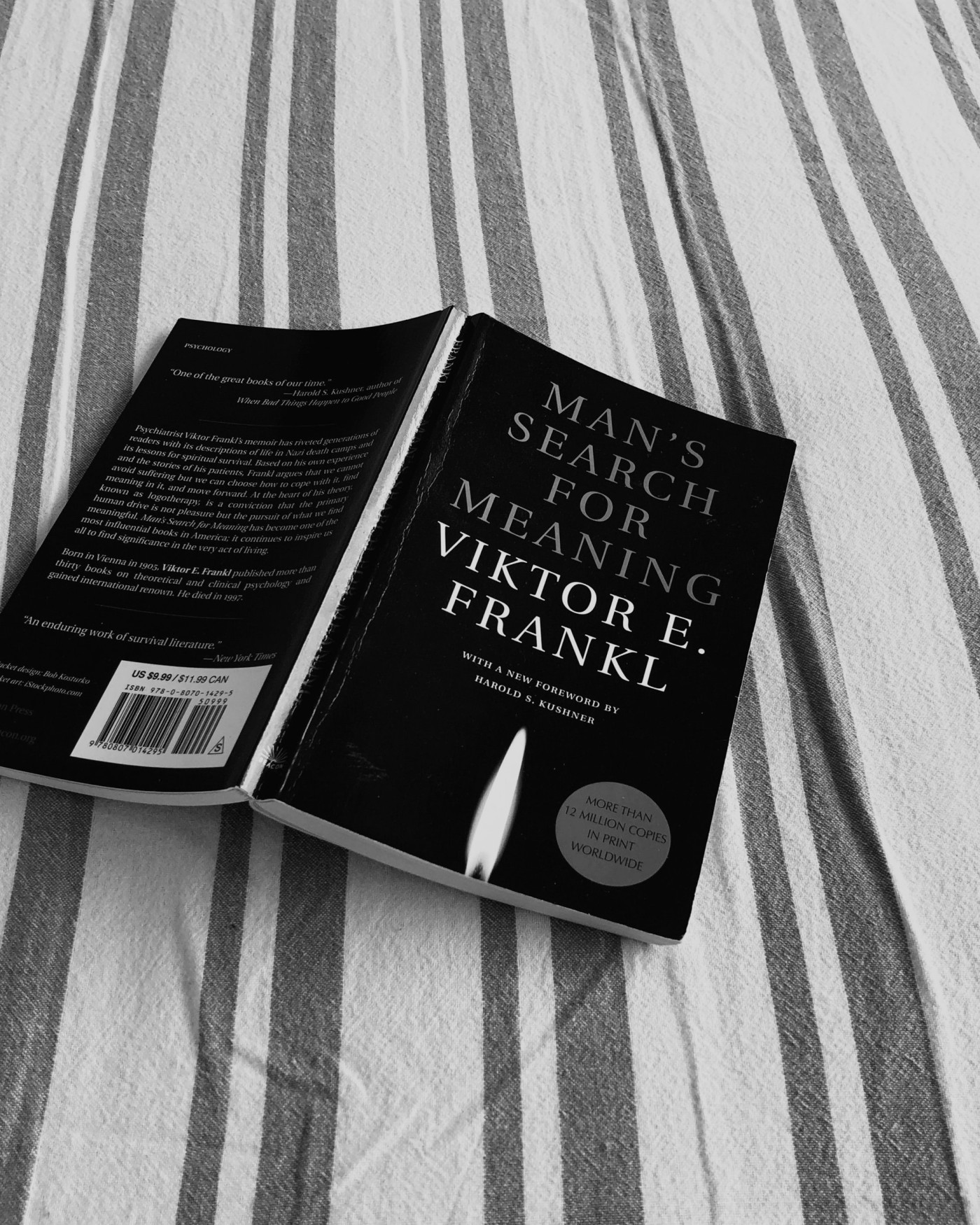
Meaning & Purpose


